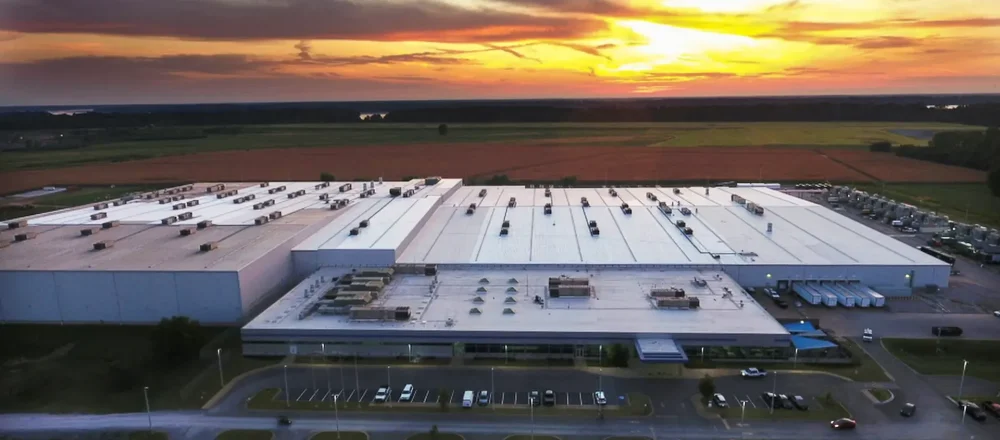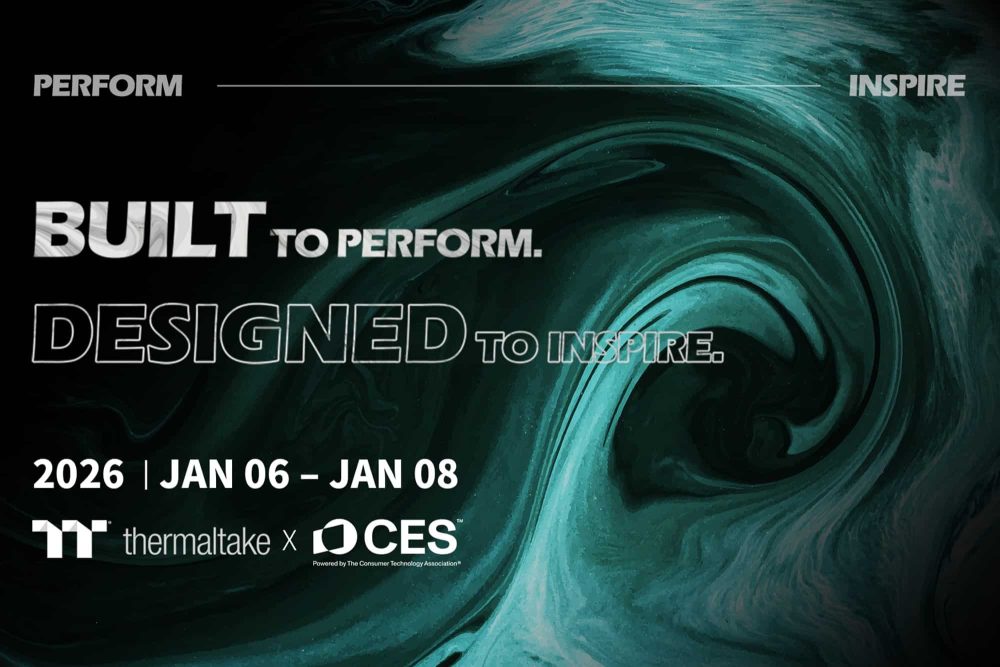In a long-idle factory on the Mississippi River, xAI, founded by Elon Musk, is building “Colossus,” a computing complex the company says will rank among the most powerful supercomputers in the world. The site is designed to provide the extensive processing power required to train next-generation AI models. For Memphis, backers frame it as an economic reset; for nearby neighborhoods like Boxtown, it’s a test of environmental safeguards and public trust.
What The Project Promises
City and business leaders say the buildout could anchor a regional digital economy:
- Jobs and local spend: Construction work now, followed by skilled operations and maintenance roles; procurement for area firms; and expanded tax revenues.
- Ecosystem effects: Training programs, higher-skill pipelines, and a signal to other tech investors.
- Water strategy: An $80 million wastewater treatment project under development to cool data-center equipment without drawing on Memphis’s protected aquifer, a step local water advocates call directionally positive, with caveats about long-term stewardship.
The Core Controversy: Temporary Gas Turbines
Power demand emerged as the early bottleneck. To bridge the gap, xAI brought in dozens of natural-gas turbines near the first site, describing them as temporary and (for the permanent phase) backup-only. Critics say the initial units were deployed without proper air permits or modern emission controls.
Community groups and environmental advocates cite several risks:
- Air pollutants: Potential increases in nitrogen oxides (NOx), fine particles, and ozone formation that can aggravate asthma and other respiratory conditions.
- Cumulative impact: Added load in an area already burdened by industrial sources.
- Noise/heat/traffic: Secondary effects from round-the-clock operations.
xAI and project supporters counter that the temporary units were limited in scope and duration, and that permanent turbines approved by local authorities will include state-of-the-art emissions controls. The company has also said it is investing in filtration and moving to cleaner configurations.
What Regulators & Researchers Are Saying
- Local permitting: The Shelby County Health Department approved xAI’s request for 15 permanent gas turbines with advanced controls and set timelines for removing temporary units.
- Independent measurements: A satellite-data analysis cited by researchers at the University of Tennessee, Knoxville, found a 3% rise in average nitrogen dioxide after operations began and a notable increase in peak NO₂ episodes near the facility, patterns they say merit continued monitoring. The researchers note that other nearby sources (including a TVA plant and vehicles) also contribute and complicate attribution.
- City spot checks: A brief city-commissioned sampling effort reported air within acceptable limits. However, outside experts questioned methods and scope and emphasized the need to measure ozone and conduct longer-term monitoring.
Community Response
Boxtown residents and local clinicians report worsening respiratory symptoms and call for stricter oversight. Civil-rights groups have noticed intent to sue under the Clean Air Act, arguing that permitting and controls were insufficient during the temporary phase. Advocates frame the issue as one of environmental equity, given the neighborhood’s history of industrial exposure.
Economic organizations and the Chamber of Commerce emphasize tax revenue, grid investments (including planned battery storage), school support commitments, and the prospect of additional employers following xAI. City leaders have proposed directing a share of property taxes to infrastructure within five miles of the data-center sites—an idea some residents welcome and others view as inadequate compensation for added risk.
Expansion Plans & Open Questions
xAI is developing a second, larger campus in Whitehaven, with significantly more GPUs and potential on-site generation. Details on final power mix, emissions controls, and water use at full scale are still emerging.
Key issues to watch:
- Emissions controls in practice: Installation, verification, and performance of permanent turbines and any replacements for temporary units.
- Air-quality monitoring: Independent, continuous measurements (including ozone) with transparent public reporting and clear thresholds for corrective action.
- Cumulative-impact analysis: Accounting for all local sources, not just xAI, to guide mitigation where residents bear the highest exposures.
- Community benefits & governance: Binding agreements, clear timelines, and resident input on how tax set-asides and mitigation funds are spent.
- Water stewardship: Long-term operation and governance of the wastewater system if project economics or ownership change.
- Grid integration: How quickly utility power supplants on-site generation and the role of battery storage in reducing peaker-style emissions.
The Bottom Line
Supporters see Colossus as a once-in-a-generation chance to reposition Memphis in the AI economy; opponents warn that economic gains cannot come at the expense of the region’s most pollution-burdened communities. The path to alignment runs through verifiable emissions controls, credible independent monitoring, and clear, enforceable community-benefit commitments, measures that could determine whether Memphis is viewed as a model for responsible AI infrastructure or a cautionary tale.


